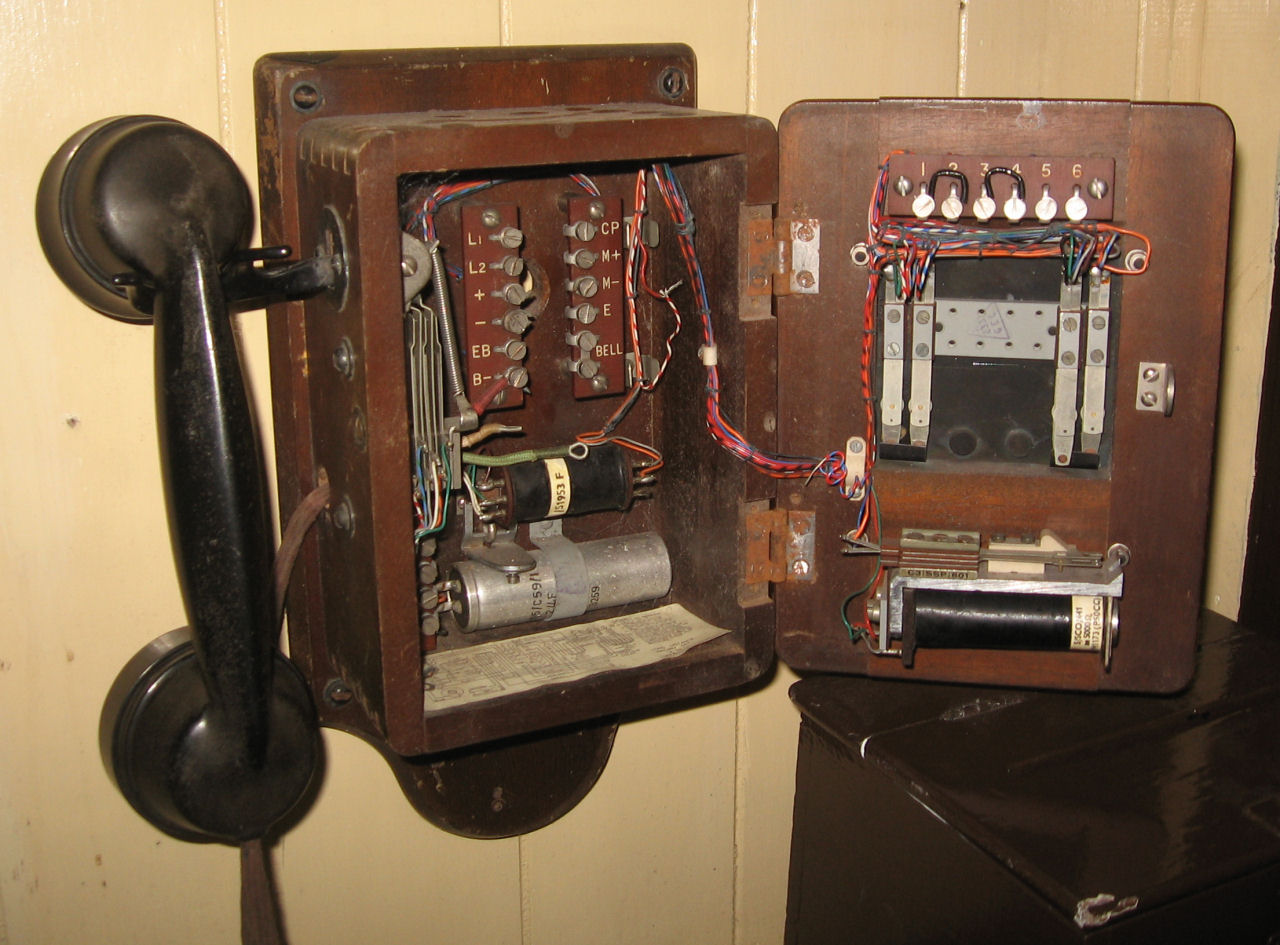Thursday marks the last chance for the Federal Communications Commission to react to an outsider’s challenge to series of old telephone regulations. Broadband providers have petitioned to remove a slew of FCC requirements for big phone companies to maintain their old telephone networks. The commission’s procedural rules mean that if the agency doesn’t act now, the petitioners will get everything they want.
The petitioner, USTelecom, is asking that the FCC remove its “discriminatory regulation.” The rule, the petition says, damages competition among broadband providers.
USTelecom wants the FCC to bring its regulations for large phone companies (i.e., ATT Inc., and Verizon Communications) closer in line with those that govern smaller phone and cable companies. The large companies, known as legacy phone companies, were the former Bell operating companies that controlled the local phone markets when the Telecommunications Act passed in 1996. Because these legacy companies held massive control over the market, the FCC created rules to level the playing field for competing companies that would emerge.
The FCC will vote on an item Thursday that will waive or loosen some of those rules, although it is unclear exactly how they will change. The details of the changes will be published after the commissioners vote.
USTelecom specifically calls into question FCC requirements for legacy phone companies to keep up their “declining telephone network.” Only one-third of American households even use that network, the group argues. They also are asking the FCC to loosen long-distance rules for legacy companies that, they say, do nothing but cause problems.
USTelecom represents broadband providers of all sizes, including the big players in the U.S. market. The group filed the petition last year.
The coalition used a forbearance petition — a process that takes a while, but eventually forces the FCC to make a move. Congress created the forbearance process in the Telecommunications Act of 1996. Companies can file forbearance petitions to ask the commission to stop enforcing rules that they believe are no longer needed.
When a company files a petition, the FCC then must ensure that there is a solid case for the request, that the company has justified the case, and that the request wouldn’t harm consumers. If those three conditions are met, the FCC then must act on the petition within one year. If the agency fails to do so, the group will be granted the entirety of their forbearance petition.
In this case, those conditions have been met. The FCC has already extended their deadline by 90 days, the only delay permitted in the process. The commission now has until Jan. 4 to vote on an item to partially grant the petition before USTelecom wins it altogether.
That makes Thursday’s meeting the FCC’s last chance to act before the deadline. At least three of the five commissioners on the panel have to vote to approve the changes they’re presented with. If the order loses a majority vote, the FCC would have to grant USTelecom forbearance for the entire petition.
USTelecom argues that the current rules get in the way of bigger telephone companies’ investment in broadband. “These legacy regulations that we’re trying to get some forbearance from soak up company resources that could be much better invested in broadband and in competition with cable companies,” said Jonathan Banks, senior vice president of law and policy at USTelecom, in an interview.
Big companies spend large amounts of money maintaining widely unused telephone networks, the petition argues, taking away from the money they could be investing in building broadband connections and improving speed nationwide.
The group has a singular beef against FCC’s rules requiring major companies to keep up anachronistic long distance mechanisms in place. For example, legacy phone companies are required to allow customers the option of pressing the number “1” before dialing long distance. This, at one point, was the only way a customers could use a different long distance plan than their legacy local plan.
But the big companies are the only ones that have to maintain the “plus 1” switches. Smaller phone companies, wireless companies, and cable providers are free of that requirement. It was developed for the larger phone companies when they dominated local phone service markets. USTelecom argues that the market has changed. Now, consumers generally use cell phones and apps like Skype or WhatsApp to make long distance calls.
While USTelecom doesn’t know exactly which aspects of the petition the FCC will respond to, the coalition appears confident that the commission will accede to at least some of its requests.
“Although we do not yet have all the details on what relief would be granted, by eliminating some of the obsolete regulations that siphon investment away from broadband and impede robust competition, the commission is using its forbearance authority to accelerate competition and the availability of advanced telecommunications services,” said USTelecom CEO and President, Walter McCormick in late November, immediately following the announcement of the FCC’s December meeting agenda.
FCC Chairman Tom Wheeler wrote in a blog post that same day stating that the current rules, though intended to catalyze competition in the field, are now outdated because “technological and market conditions have changed dramatically.”
Although Wheeler mentioned that removing the rules would help big phone companies invest in broadband networks, he also hinted that the FCC might not do away with the regulations completely. “At the same time, our action preserves rules that remain necessary to protect consumers and competition,” he said.
